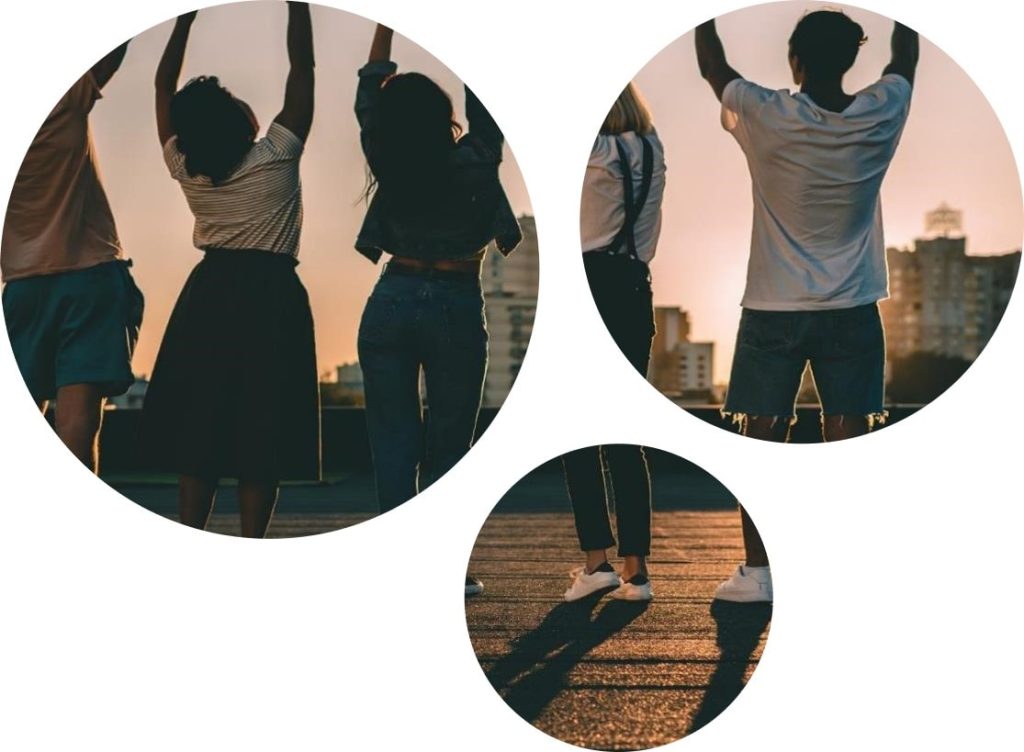Nelson Mandela
“We can reach far more people through sport than we can through political or educational programmes. In that way, sport is more powerful than politics. We have only just started to use its potential to build up this country. We must continue to do so.”
Sports are amazing for your physical and mental well-being, but they also reveal something important—the diversity of abilities. Not everyone has the same access to sports facilities, equipment, and resources. This creates inequalities in sports participation.
From a diversity point of view, it's crucial to recognise that sports can either bring communities together or create divisions. That's why it's important to provide inclusive, culturally sensitive, and welcoming sports opportunities for young people. By doing this, we can bridge the gaps between different cultures, ethnicities, and socioeconomic backgrounds.
When we offer sports practices that embrace diversity, it helps you feel like you truly belong and are valued. It fosters connections and empowers individuals from diverse backgrounds.
And you, do you practice any sport? Are you surrounded by young people coming from diverse backgrounds? Does everyone feel included? If not, how could you help do better?
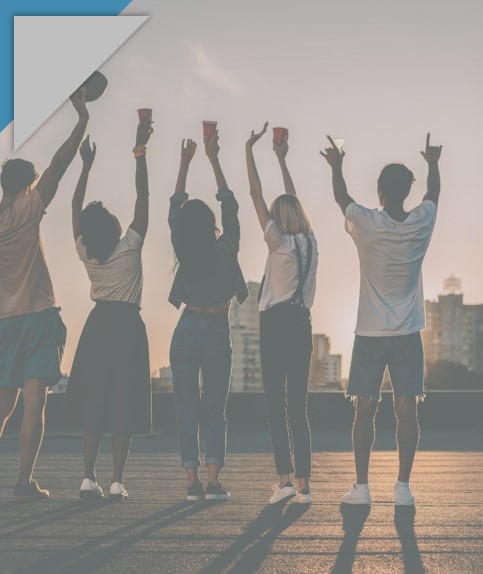
When you get the chance to experience diversity in sports, you start to appreciate and understand the differences in other people, which leads to having more positive thoughts about diversity and being more accepting of others.
It helps create a sense of community and belonging. You feel like you're a part of something bigger, and you get to have positive interactions with different people.
So, whether you're playing sports or cheering from the sidelines, embracing diversity can make your life happier and more fulfilling. It's about recognising and celebrating the amazing things that make each person unique.
When sports teams embrace diversity, it creates an environment where everyone is treated equally and where fair play is valued. It gives you the chance to develop your skills and grow. That has a direct impact on your self-esteem and how confident you feel about yourself.
But that's not all. Diverse sports teams also provide an incredible opportunity for you to learn about different cultures, traditions, and perspectives. This helps you become more aware and understanding of the world around you. And when we have that understanding, it brings people closer together and helps create inclusive communities.
So, diversity in sports is about much more than just playing a game. It's about promoting equality, building your skills, and learning about different cultures.
Women in Sport and Sported in the UK came together for Project 51, a joint programme funded by Comic Relief and aimed at helping girls in some of the most deprived areas of the UK to fulfil their potential and use sport to overcome the impact of negative gender stereotypes.
Gender stereotypes are one of the key barriers preventing more women and girls getting active. Less than half of girls say they have the same choice as boys at school in sport and exercise; and among secondary school-age children, being ‘sporty’ is still widely seen as a masculine trait.
The two organisations worked with girls and their clubs to tackle the impact of negative gender stereotypes. As part of Project 51, Women in Sport are working with seven ‘Young Influencers’ from across the country to amplify the voice of young women in sport.
WATCH AND LEARN https://youtu.be/GFUne3Dt25s
READ MORE:
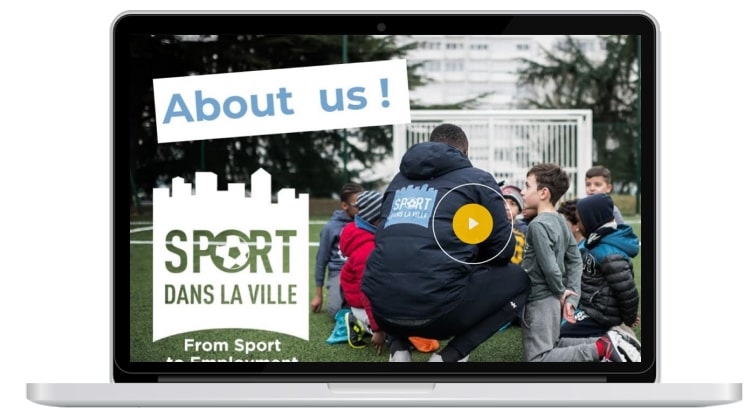
"Sport dans la Ville" (Sport in the City) offers sports programmes to youth from underprivileged areas, aiming for social inclusion, personal growth, and job readiness.
This association boosts wellbeing by creating an inclusive space where young people from varied backgrounds feel connected and valued, reducing bias.
Through sports, they promote mental health, social-emotional growth, physical health, and active lifestyles. Plus, with leadership and skill-building chances, they empower youth, enhancing their overall well-being.
Football – the beautiful game. Looking back in history, we find that street soccer has been a training platform for some of the world’s best footballers. With every passing day, street football is being used for coaching young footballers from very diverse backgrounds. Street football is consistently used as a tool to engage young people in the community, foster integration, global learning and international understanding among players. For example, KICKFAIR KICKFAIR | Wir verändern Perspektiven develops and tailors street football projects to fit local cultures and contributes to the healthy social development of communities in Germany, as well as provides consultation to German schools for the inclusion of football in the school curriculum.
The young people discover their strengths, learn to develop these potentials and take responsibility for themselves and for others in the social space. They use the skills they have gained here in the municipality, in their schools and in their leisure facilities. They actively contribute to democratic coexistence and non-violent conflict resolution in their environment.
Christoph Bolay, Lord Mayor of the City of Ostfildern
As part of Olympic and Paralympic Week on the theme of inclusion through sport, the journalist Jamy here met Paralympic athletes Sofyane Mehiaoui and Nantenin Keïta and Michel Cymes to talk about the benefits of sport. Jamy also took the opportunity to meet children from a primary school in Clamart to remind them of the importance of practising sport on a daily basis: https://www.youtube.com/watch?v=YAaxfJrz0is&t=2s
Objective: to raise awareness about the inequalities in sports and how to create a fair and inclusive playing field for everyone
Materials needed: a playing field, variety of sports equipment, different colored wristbands or ribbons
1
Play this game with friends or peers. Divide the participants into two teams
2
Explain that each team will wear a different colored wristband or ribbon to represent their team.
3
Scatter the sports equipment around the playing field.
4
Explain that players will have random advantages or disadvantages, like being blindfolded, using one hand, or hopping on one foot.
5
Begin the game (of your choice). Players with disadvantages will need to work together with their team to overcome these challenges and play to their strengths.
6
After the game, discuss how disadvantages impacted play and its real-life sports parallels. Brainstorm ways to ensure fairness and inclusion.
Empathy is a game-changer for young people and our communities! It's not just about understanding others; it's about growing ourselves.
When we tap into empathy, we not only connect better with friends and family, but we also boost our own mental well-being.
Think about it: every time we understand someone's feelings or see things from their perspective, we're building stronger relationships and creating a positive environment around us.
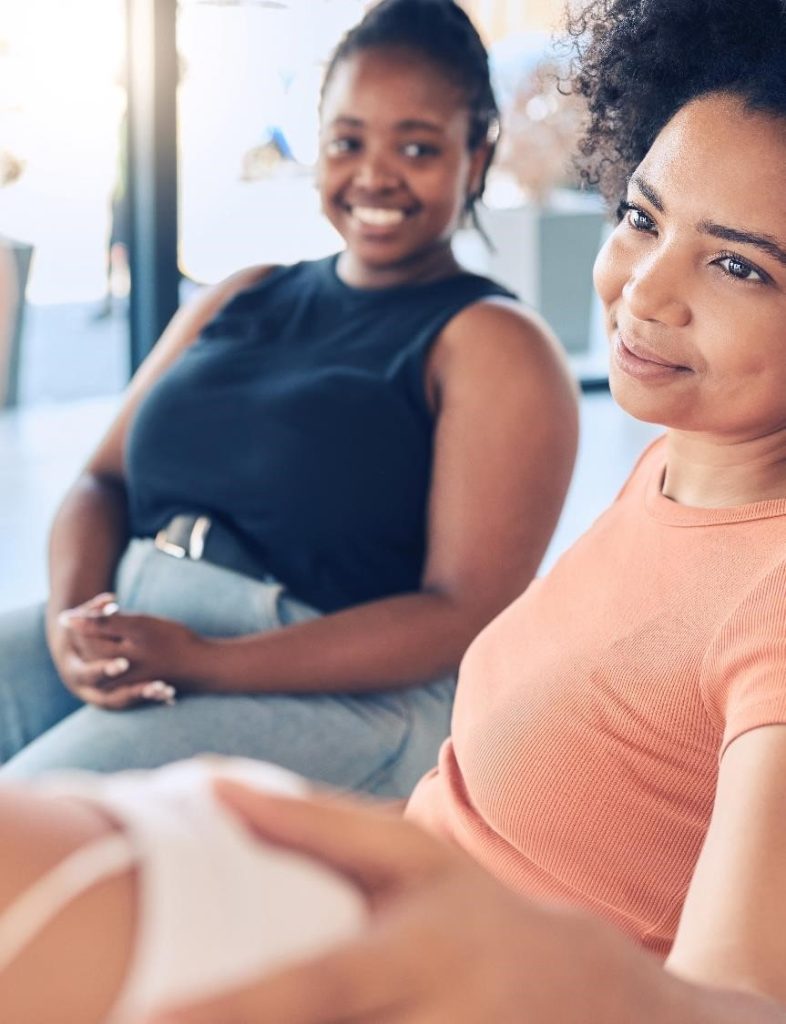
Gamification for Social Change: TO BE YOU.
"To Be You" is an immersive mobile game designed to nurture empathy. Players step into the lives of others, making choices, facing challenges, and connecting with diverse backgrounds.
Conceived by Better.sg for the Mission: Unite hackathon (2020), the game aims to break stereotypes, reduce prejudice, and foster empathy among Singaporeans. Developed with input from community organizations, focus groups, and researchers, it offers authentic, fictional stories rooted in real experiences to promote inclusivity and understanding.
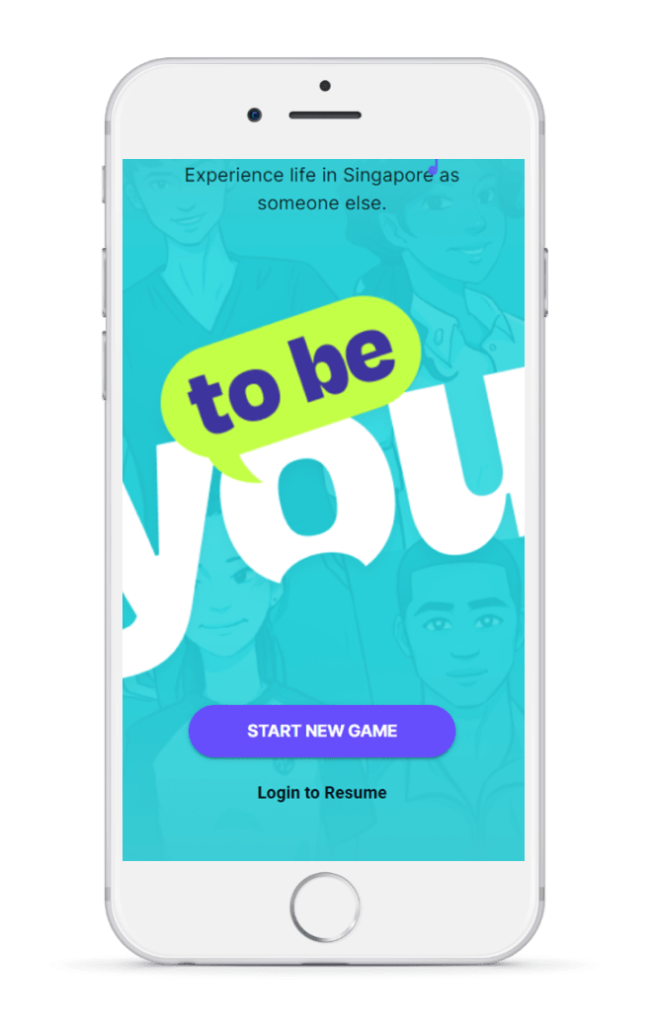
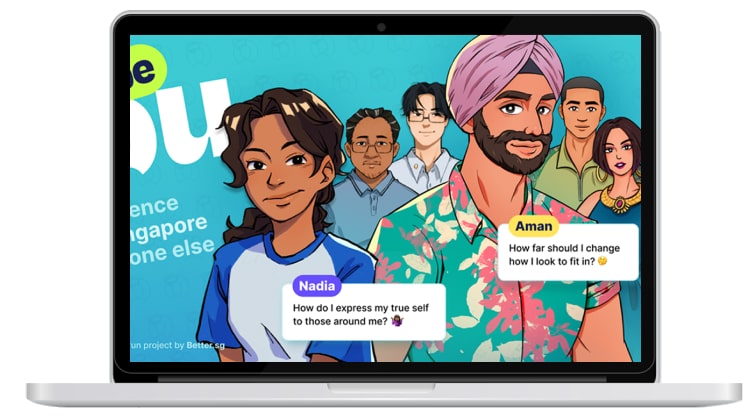
To Be You is a first-of-its kind interactive fiction game, that replicates the user experience that youth are used to (Instagram, Whatsapp, Twitch, Email, etc) to create a fully immersive story-telling experience on the phone.

"To Be You" lets players experience diverse characters, boosting emotional intelligence. This awareness enhances self-understanding, empathy, and overall wellbeing.
The game's emphasis on understanding and connection promotes emotional balance and mental wellbeing.
The game boosts empathy and understanding, leading to deeper relationships. Stronger bonds with others improve emotional wellbeing.
Engaging with characters' journeys prompts players to reflect on their own biases, experiences, and personal growth. This self-awareness contributes to improved self-esteem and overall wellbeing.
Experiencing characters' ups and downs inspires players to be resilient, boosting emotional wellbeing and a brighter life perspective.
The game promotes empathy, challenges biases, and boosts inclusivity, leading to a more united society. A community valuing empathy and diversity experiences better societal wellbeing.
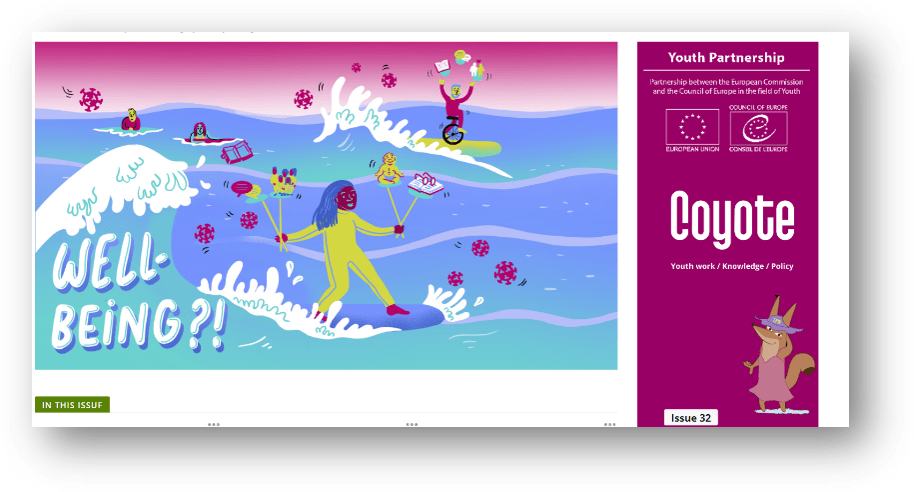
2016 report by the French government mission on Youth wellbeing and health, Chapter in "Diversity at school in France, source of discrimination but a chance for all"
Coyote Magazine published by the partnership between the European Commission and Council of Europe in the field of youth since 1999!
The European Youth Portal offers young people information on opportunities in Europe and beyond.
Explore initiatives to learn, work and volunteer.
Find ways to make your voice heard as a European citizen.
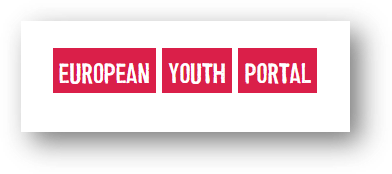

“Inclusion and exclusion through youth sport" by Symeon Dagkas and Kathleen Armour
"Away running" by David Wright and Luc Bouchard
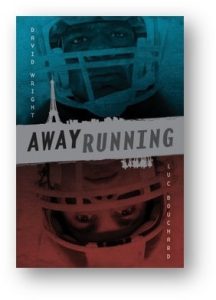
You have finished the first module of WELLHOODY course.
